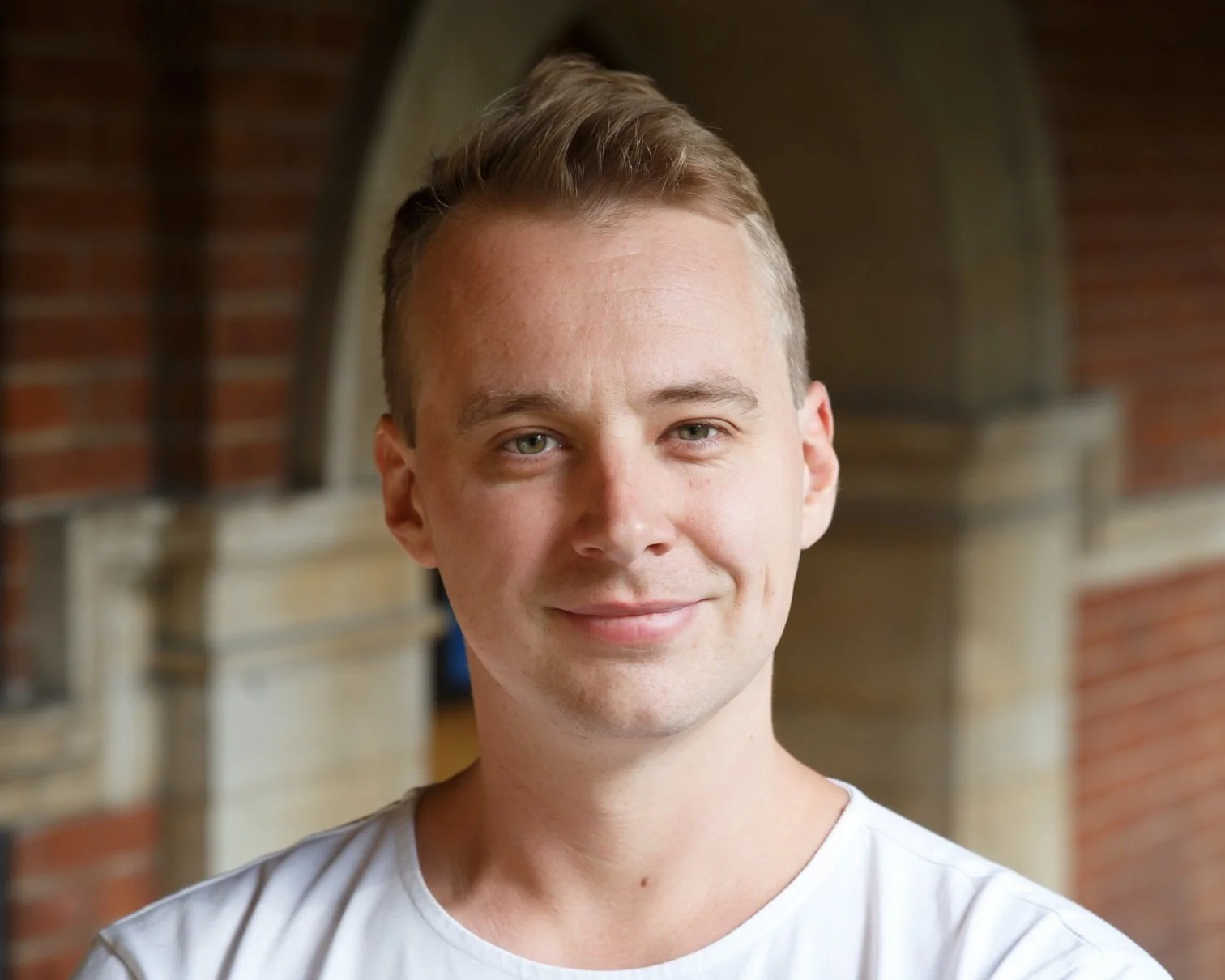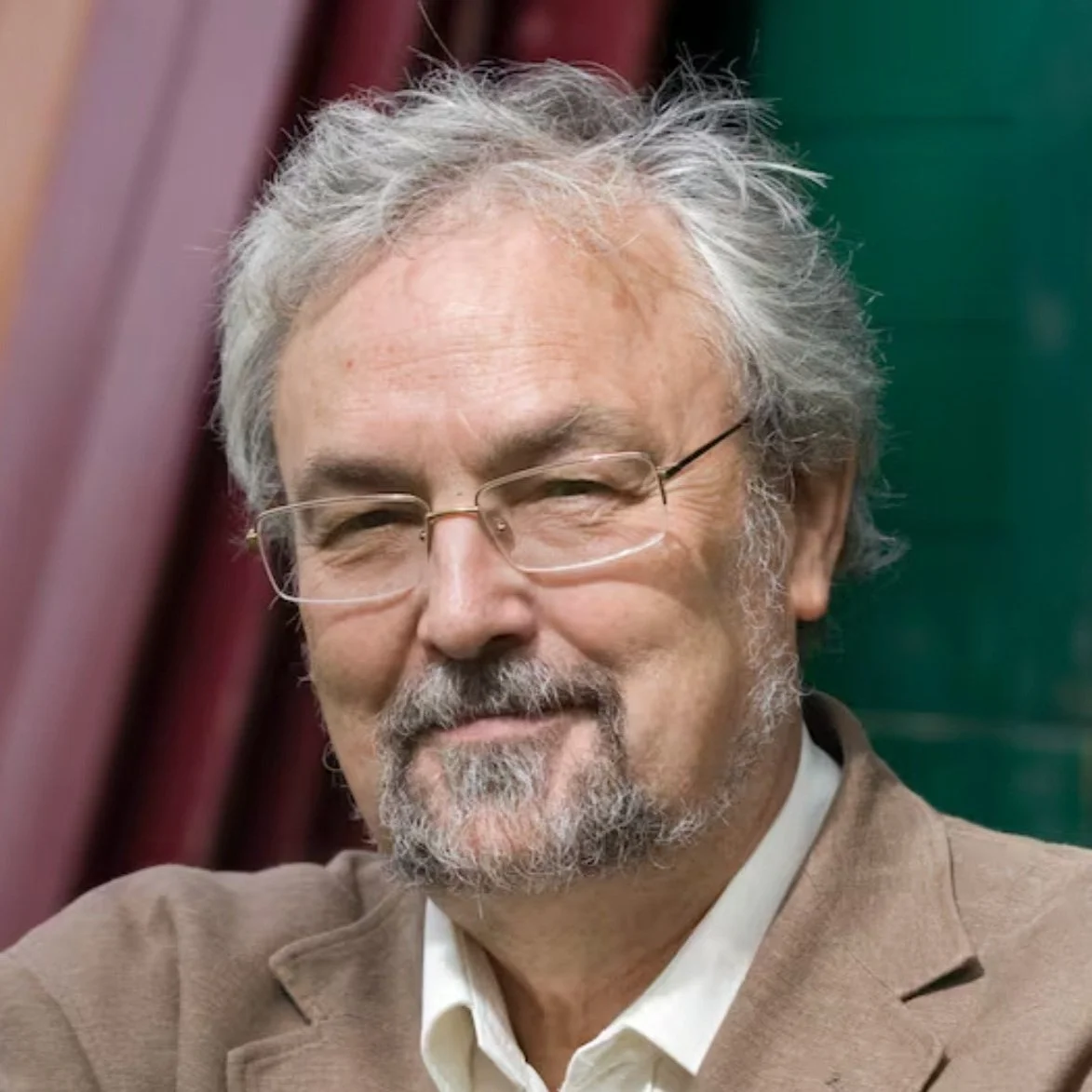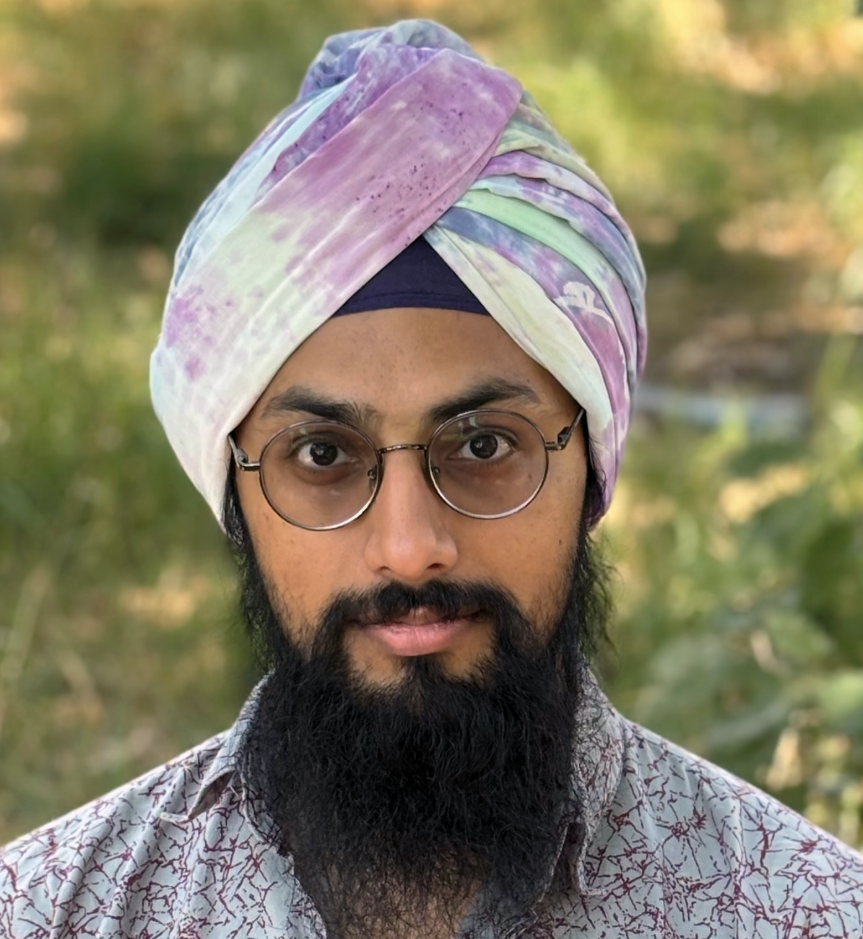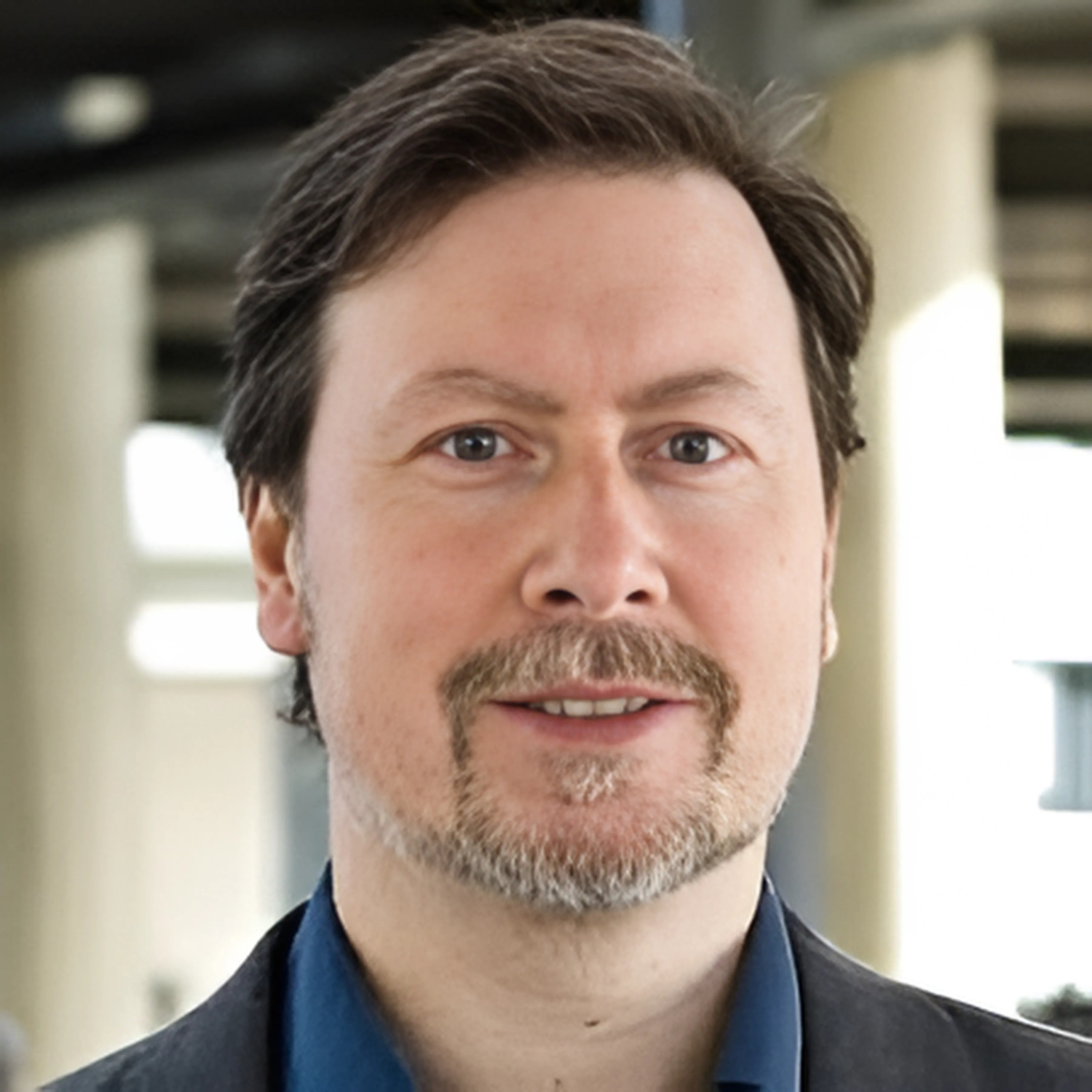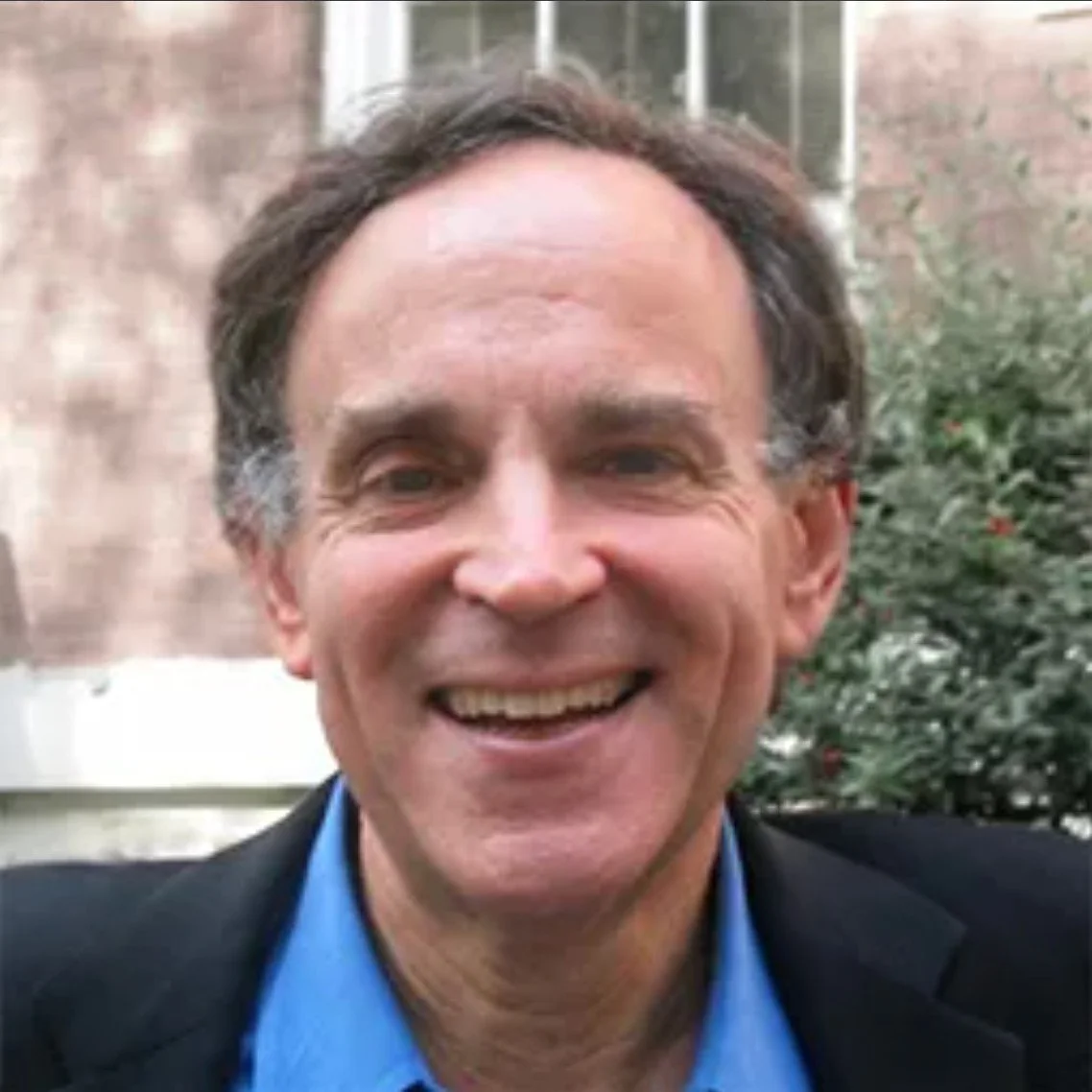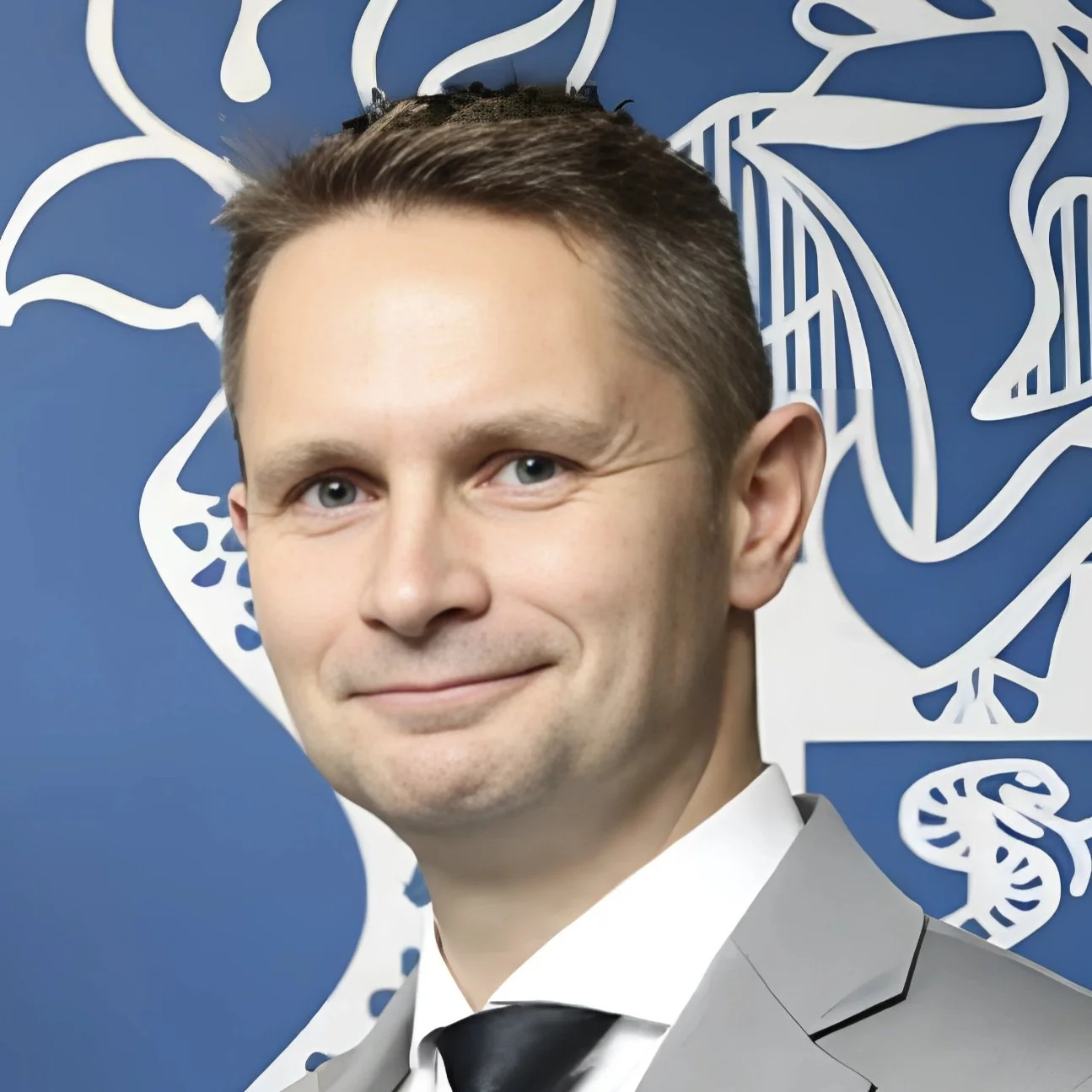Our team
The Foundation for Evolution and Mental Health is a registered UK charity dedicated to promoting research and education on evolutionary perspectives on mental health and disorder. It is run by its trustees, with the support of its advisory board.
Trustees
Advisory Board
Trustees
-
Dr Adam Hunt is a postdoctoral researcher at the Leverhulme Center for Human Evolutionary Studies at the University of Cambridge. His PhD thesis entitled ‘Evolving Evolutionary Psychiatry and Explaining Neurodiversity’ received Summa Cumme Laude from the University of Zurich in spring 2024. Dr. Hunt has published multiple academic articles in journals such as Biological Reviews, Neuroscience and Biobehavioral Reviews, Autism Research and Evolutionary Human Sciences on a range of topics in evolutionary psychiatry. These include improved methods for evolutionary inference, the evolution of substance and behavioural addiction, how evolutionary psychiatry supports the concept of neurodiversity and how evolutionary theory explains individual differences in cognition and dissolves the distinction between psychopathology and personality. Dr. Hunt is the host of the ‘Evolving Psychiatry’ podcast. He has lectured and trained psychiatrists and psychotherapists in evolutionary psychiatry. Since 2019 he has served on the executive committee of the Evolutionary Psychiatry Special Interest Group of the Royal College of Psychiatrists. He also sits on the board of the International Society for Evolution, Medicine and Public Health. He holds a bachelors in philosophy from the University of Southampton and a masters in philosophy of science from the University of Bristol.
-
Dr Riadh Abed, FRCPsych is a retired psychiatrist, medical director and Hon. Senior Lecturer of the University of Sheffield with over 45 years of clinical experience. He is currently a Medical Member of the Mental Health Tribunals of the Ministry of Justice, UK. Dr Abed has had a longstanding interest in applying evolutionary theory to the understanding of mental disorder and has published novel evolutionary perspectives on eating disorders, schizophrenia and OCD. Dr Abed has been a leading figure establishing organisations for clinicians interested in evolutionary psychiatry: he was the founding chair of the Evolutionary Psychiatry Special Interest Group (EPSIG) at the Royal College of Psychiatrists, and has grown it to be the largest and most active group in the world. He is also current chair of the Section of Evolutionary Psychiatry at the World Psychiatric Association. Dr Abed is author and co-author of over 75 peer-reviewed articles and chapters and is co-editor of ‘Evolutionary Psychiatry’ published jointly by Cambridge University Press and the Royal College of Psychiatrists (2022).
-
Dr Annie Swanepoel is a Consultant Child and Adolescent Psychiatrist in the SET CAMHS Learning disability team in the Northeast London Foundation Trust. She is the co-chair of the World Psychiatric Association Evolutionary Psychiatry Section and the current Finance Officer and past newsletter editor of the Evolutionary Psychiatry Special Interest Group of the Royal College of Psychiatrists. Dr. Swanepoel holds a PhD in Human Physiology and has a special interest in developmental trauma and neurodevelopmental disorders.
-
Dr. Tom Carpenter is a speciality registrar in Psychiatry based in NHS Greater Glasgow & Clyde and an Honorary Clinical Lecturer at the University of Glasgow. He is also a member of the executive committee of the Evolutionary Psychiatry Special Interest Group of the Royal College of Psychiatrists, and leads their efforts to engage UK psychiatric trainees. Dr. Carpenter studied medicine at the University of Edinburgh after initially studying Human Sciences at the University of Oxford, completing a Master’s degree in research in Animal Behaviour at Newcastle University, and having a brief career in marketing. He has current research and engagement projects around the usefulness and impact of evolutionary psychoeducation for mental health clinicians.
-
Dr. Giuseppe Pierpaolo Merola is a psychiatrist and psychotherapist with a strong focus on evolutionary psychiatry and psychiatric genetics. After studying Medicine at Sapienza University of Rome, Dr. Merola specialized in Psychiatry at the University of Florence, where he developed a deep interest in the evolutionary and genetic underpinnings of mental illness. His research concentrates on how psychiatric disorders have evolved, using genomic modeling and interdisciplinary approaches. He has been a Visiting Researcher at King’s College London’s Institute of Psychiatry, Psychology & Neuroscience, studying the genetic architecture of psychiatric conditions. Clinically, Dr. Merola currently works at Ospedale San Donato of Arezzo, Italy, specializing in complex cases and psychotherapy. Dr. Merola has published extensively on schizophrenia, mood disorders, and evolutionary psychiatry.
-
Paul St John-Smith, M.A. B.M B.Ch. FRCPsych, is a former chair and co-founder of the Evolutionary Psychiatry Special Interest Group (EPSIG) of the Royal College of Psychiatrists. He is currently an EPSIG executive committee member and the editor of the newsletter. Dr. St-John Smith is a retired adult psychiatrist who worked as an in-patient and community psychiatrist in London and Hertfordshire and as part of a substance abuse dual diagnosis service. He was formerly section head of psychotropic drug development for Roche Products UK. In retirement, he is now an independent scholar, author and speaker. His current academic interests are in evolution, specifically evolutionary psychiatry, the philosophy of science, psychopharmacology, evidence-based psychiatry, and substance use. Dr St-John Smith also holds a degree in Natural sciences from the University of Oxford.
Advisory Board
-
Prof. Robin I. M. Dunbar FBA FRAI is a giant of evolutionary psychology whose research has shown that the architecture of our social lives is written into the brain. He is Emeritus Professor of Evolutionary Psychology at the University of Oxford and leads its Social & Evolutionary Neuroscience Research Group, which explores how relationships regulate cognition, hormones and health.
Trained at Oxford and Bristol, Dunbar coined the celebrated “Dunbar’s Number” (~150) and the broader social-brain hypothesis, demonstrating that neocortex volume predicts the typical group size primates (humans included) can manage. His corpus of > 60 000 citations and honours such as election to the British Academy (1998) and the Huxley Memorial Medal (2015) reflect this landmark contribution.
Recent work from Dunbar’s lab blends neuroendocrinology with behavioural experiments to show that laughter, communal singing, dancing and other group rituals activate the endorphin system, tightening social bonds and buffering stress.
Extending these insights to mental health, his 2025 review in the Annals of the New York Academy of Sciences argues that friendship networks act as a “natural antidepressant,” while chronic loneliness doubles the risk of depression and anhedonia. His popular science book Friends (2021) distils this evidence for clinicians and the public alike.
-
Dr. Randolph Nesse is a founding father of the fields of evolutionary medicine and psychiatry. He is Research Professor of Life Sciences, and Founding Director (2014-2019), The Center for Evolution and Medicine, Arizona State University; Professor Emeritus, Departments of Psychiatry and Psychology, and Institute for Social Research, The University of Michigan; Founding President, The International Society for Evolution, Medicine, and Public Health.
Professor Nesse published the landmark bestseller ‘Why We Get Sick’ as well as ‘Good Reasons for Bad Feelings’, which brings an evolutionary lens to mental health. He has authored and co-authored hundreds of articles and chapters in the areas of evolutionary medicine and evolutionary psychiatry. -
Dr Manvir Singh is an Assistant Professor of Anthropology at the University of California, Davis, and Director of the Integrative Anthropology Lab. He received his PhD from Harvard University (Human Evolutionary Biology) and his ScB from Brown University, and his work integrates evolutionary theory, cognitive science, and sociocultural anthropology to understand the origins and functions of widespread human traditions—including shamanism, witchcraft, narrative, music, and moral and legal systems.
A central theme of Dr Singh’s research is how culturally evolved beliefs and rituals shape human psychology and social life, including in domains directly relevant to mental health (e.g., healing practices, altered states, and meaning-making under uncertainty). His scholarship includes highly cited theoretical and empirical work on shamanism and related traditions, informed by ethnographic fieldwork in Indonesia. He is also the author of Shamanism: The Timeless Religion and has written for major public outlets such as The New Yorker, WIRED, Aeon and The Guardian alongside his academic publications.
-
Daniel Nettle is a behavioural scientist, biologist and social scientist. He is notable for his research integrating psychology with evolutionary and comparative biology. After obtaining a BA in Psychology and Philosophy at Oxford University, Nettle went on to complete a PhD in Biological Anthropology at University College London. He is a CNRS senior researcher on the Evolution and Social Cognition team at the Institut Jean Nicod, an interdisciplinary research institute associated with the Ecole Normale Superieure and EHESS in Paris. He was President of European Human Behaviour and Evolution Association (EHBEA) from 2013 to 2016.
Professor Nettle has authored and co-authored multiple articles on evolutionary perspectives on mental health and disorder, including on depression and schizophrenia. He is the author of several books, most notably Happiness: The Science Behind Your Smile (2005) and Personality: What Makes You the Way You Are (2007).
-
Dr. Deniz Gül Salali is an evolutionary anthropologist who works on cultural evolution in hunter-gatherers, evolutionary perspectives on mental-health and wellbeing and health-related behaviour. She is currently Lecturer (Assistant Professor) in Evolutionary Anthropology at University College London, where she leads projects on human behaviour, health and social change.
Trained entirely at UCL (BSc, MSc and a PhD awarded in 2017), Deniz’s early research with Mbendjele BaYaka hunter-gatherers demonstrated how knowledge-sharing networks accelerate cumulative culture. Her recent programme turns evolutionary theory toward contemporary health challenges. She has shown that COVID-19 vaccine hesitancy clusters with conspiracy beliefs about the virus’s origin, that heightened anxiety can function adaptively during pandemics by motivating infection-avoidance behaviour, and that evolutionary mismatch between ancestral child-rearing environments and modern settings may underlie rising mental-health disorders. She also makes short films from the field.
-
Dr Kristen L. Syme is an evolutionary anthropologist and psychologist currently working as a research fellow at the University of Leicester. She was previously Assistant Professor of Suicide and Suicide Prevention at Leiden University’s Institute of Security and Global Affairs in The Hague.
Kristen earned her PhD in Evolutionary Anthropology from Washington State University in 2020, following an MA that analysed suicidal behaviour across 53 cultures and a BA in Anthropology from the University of Delaware.
Her research tests evolutionary models—most notably the bargaining framework of suicidal behaviour, depression and ‘cries for help’—using cross-cultural datasets, ethnographic fieldwork with Micronesian communities and large-scale comparative analyses. Her work has appeared in Evolution and Human Behavior, American Anthropologist and other leading journals, showing how suicidality and depressive states can function as credible social signals of need and dispute resolution.
-
Dr. Nikhil Chaudhary is an evolutionary anthropologist whose work bridges hunter-gatherer field science with modern mental-health research. He is currently Lecturer (Assistant Professor) in Human Evolutionary & Behavioural Ecology at the University of Cambridge and serves on the Executive Committee of the Royal College of Psychiatrists’ Evolutionary Psychiatry Special Interest Group.
Porf. Chaudhary earned his PhD as part of the Hunter-Gatherer Resilience Project, conducting long-term fieldwork with Mbendjele BaYaka foragers in the Congolese rainforest to understand how cooperative social networks shape health, fertility and cultural transmission. He has also shown how hunter-gatherer childhoods can inform education and mental-health policy in industrialised societies.
Beyond the forest, Dr. Chaudhary is launching urban studies across London neighbourhoods to test how socio-ecological stressors modulate paranoia, threat detection and other cognitive adaptations that, when dysregulated, raise risk for psychosis.
-
Dr. Kennair is a Norwegian psychologist and Professor of Personality Psychology at the Norwegian University of Science and Technology. He was director of the Department of Psychology from 2009 to 2013. His research interests include clinical psychology and evolutionary psychology, and he is widely known for participating in public debate, including the NRK TV series Hjernevask in 2010. He has conducted research on treatment of obsessive–compulsive disorder, anxiety and depression, and on jealousy, sexual behaviour, sexual harassment and hormonal influence on sexual behaviour.
-
Prof. Dr Adrian V. Jaeggi is an evolutionary anthropologist and currently Vice Director of the Institute of Evolutionary Medicine at the University of Zurich, where he heads the Human Ecology Group and coordinates cross-disciplinary projects on social behaviour, hormones and health and mental health outcomes across small-scale human societies.
Prof. Jaeggi trained in biology and anthropology at the University of Zurich and earned his PhD in Biological Anthropology there in 2010, followed by post-doctoral fellowships and, later, an Assistant Professorship at Emory University’s Department of Anthropology.
Prof. Jaeggi’s current work looks at the relationship of hormones to life history outcomes and personality in the Tsimane of the Bolivian Amazon, as well as the presence and impact of mental disorder related traits in that community. He has co-authored multiple publications related to evolutionary psychiatry, stress, and personality.
-
Molly Fox is a biological anthropologist exploring how women’s social, cultural, and physical environments influence their own biological development as well as their children.
She is the founder and principal investigator of the UCLA Biological Anthropology of Motherhood Lab. By studying the human female life cycle, she addresses questions related to women’s health and intergenerational processes between grandmothers, mothers, and infants. Key topics in her research include (a) transgenerational effects of socio-cultural stressors experienced by women in ethnic minority communities; (b) how women’s reproductive life histories affect risk of Alzheimer’s disease; and (c) how social support from family confers health benefits to pregnant women.
Dr. Fox received her BA from Yale University and her PhD from University of Cambridge as a Gates Cambridge Scholar in Gonville & Caius college before joining the faculty at University of California Los Angeles (UCLA).
-
Prof. Jerome C. Wakefield, PhD is a leading philosopher of psychiatry best known for the “harmful dysfunction” (HD) analysis of mental disorder, which anchors psychiatric diagnosis in the failure of an evolutionarily selected mental function that produces significant harm. He is University Professor at New York University’s Silver School of Social Work, with affiliate appointments in Philosophy and (until 2019) Psychiatry at the NYU Grossman School of Medicine and Center for Bioethics.
Jerome earned a BA in Psychology from Queens College and a PhD in Philosophy of Science at the University of California-Berkeley, where his dissertation under John Searle examined unconscious mental states and the foundations of cognitive science. Earlier faculty posts at Columbia, Chicago and Rutgers sharpened his clinical and historical perspectives before he joined NYU, where he now mentors scholars across social work, psychiatry and philosophy.
Since his landmark papers in the early 1990s, the HD framework has become a touchstone for evolutionary psychiatry, highlighting how natural-function failure plus social harm jointly define disorder. Wakefield’s ideas have sparked symposia, a special issue of Journal of Abnormal Psychology, and the 640-page volume Defining Mental Disorder: Jerome Wakefield and His Critics. His trade book The Loss of Sadness (with Allan Horwitz, 2007) extended the argument to depression, showing how DSM criteria pathologise normal grief.
Recognition has followed: election to the American Academy of Social Work & Social Welfare (2020) and ranking among the world’s top mental-disorder scholars for lifetime impact. With more than 300 publications spanning psychology, philosophy and clinical science, his work continues to shape debates on diagnostic validity, evolutionary mismatch and psychiatric classification.
-
Prof. Paul R. Gilbert OBE is a clinical psychologist whose work on compassion has transformed cognitive-behavioural treatment by applying evolutionary models of mental health. He is Professor of Clinical Psychology at the University of Derby and the founding President of the charity Compassionate Mind Foundation, the international hub for Compassion Focused Therapy (CFT) and Compassionate Mind Training.
Educated at the Universities of Sussex (psychology) and Edinburgh (PhD, 1980), Paul’s early research on cognitive biases in depression set the stage for a career that now spans more than 400 scientific papers and influential books, including The Compassionate Mind and the new practitioner volume Compassion-Focused Therapy: Clinical Applications (2024).
Developed in the late 1990s, CFT integrates evolutionary psychology, attachment theory, affective neuroscience and mindfulness to help clients replace threat-based regulation with affiliative, compassion-driven states—an approach now used for mood, trauma and personality disorders across the NHS and worldwide.
Paul’s current projects investigate how compassion practices alter autonomic and endocrine markers of stress and how they can be scaled in low-resource settings. His contributions were recognised with the Order of the British Empire (OBE) in 2011 and lifetime awards from the British Association for Behavioural & Cognitive Psychotherapies.
-
Prof Derek K. Tracy, PhD, FRCPsych is a clinician-scientist and health-service leader whose career spans front-line psychiatry, translational neuroscience and national drug-policy advice. He is currently Chief Medical Officer and Executive Director for Psychological Professions at South London & Maudsley NHS Foundation Trust (SLaM), the UK’s largest mental-health provider, where he oversees clinical quality and research strategy across four south-London boroughs.
Alongside his NHS role Derek is Adjunct Professor in the Department of Psychosis Studies at King’s College London’s Institute of Psychiatry, Psychology & Neuroscience, where his work ranges from fMRI and rTMS in psychosis to public-mental-health analytics. His 290-plus publications examine topics as diverse as chem-sex harm-reduction, occupational mental health and the neurobiology of acute behavioural disturbance, combining lab methods with service-evaluation to generate practice-ready evidence.
A passionate science communicator, Derek serves as Editor for Public Engagement at the British Journal of Psychiatry, curating the journal’s podcasts, journal-club network and open-access outreach series. He also chairs national symposia and appears regularly in UK media to translate cutting-edge findings for clinicians, policymakers and the public.
Derek’s impact on the profession has been recognised with the Royal College of Psychiatrists President’s Medal (2024) for “unique contributions to policy, education and population care,” and repeated appointments to the UK Government’s Advisory Council on the Misuse of Drugs (ACMD), where he advises on evidence-based drug policy.
-
Dr Barbara Natterson-Horowitz, MD is a cardiologist and evolutionary biologist working at the intersection between human and veterinary medicine. She holds concurrent faculty appointments at Harvard Medical School, Harvard University’s Department of Human Evolutionary Biology, and the David Geffen School of Medicine at UCLA, where she is Professor of Medicine in the Division of Cardiology.
Trained in evolutionary biology at Harvard (AB, AM) and medicine at the University of California, San Francisco, Dr Natterson-Horowitz completed internal-medicine, cardiology and advanced cardiac-imaging training at UCLA, where she later directed cardiac imaging for the Arrhythmia Center.
Her comparative perspective crystallised in “Zoobiquity,” the best-selling book and research program she co-developed with Kathryn Bowers. The project shows how heart disease, cancer, anxiety and other behavioural disorders manifest across species—and how these parallels accelerate discovery for both animal and human patients.
Dr. Horowitz also chairs the U.S. National Academies’ Board on Animal Health Science, Conservation & Research and is a past president of the International Society for Evolution, Medicine and Public Health, reflecting her leadership in global, cross-species health innovation.

